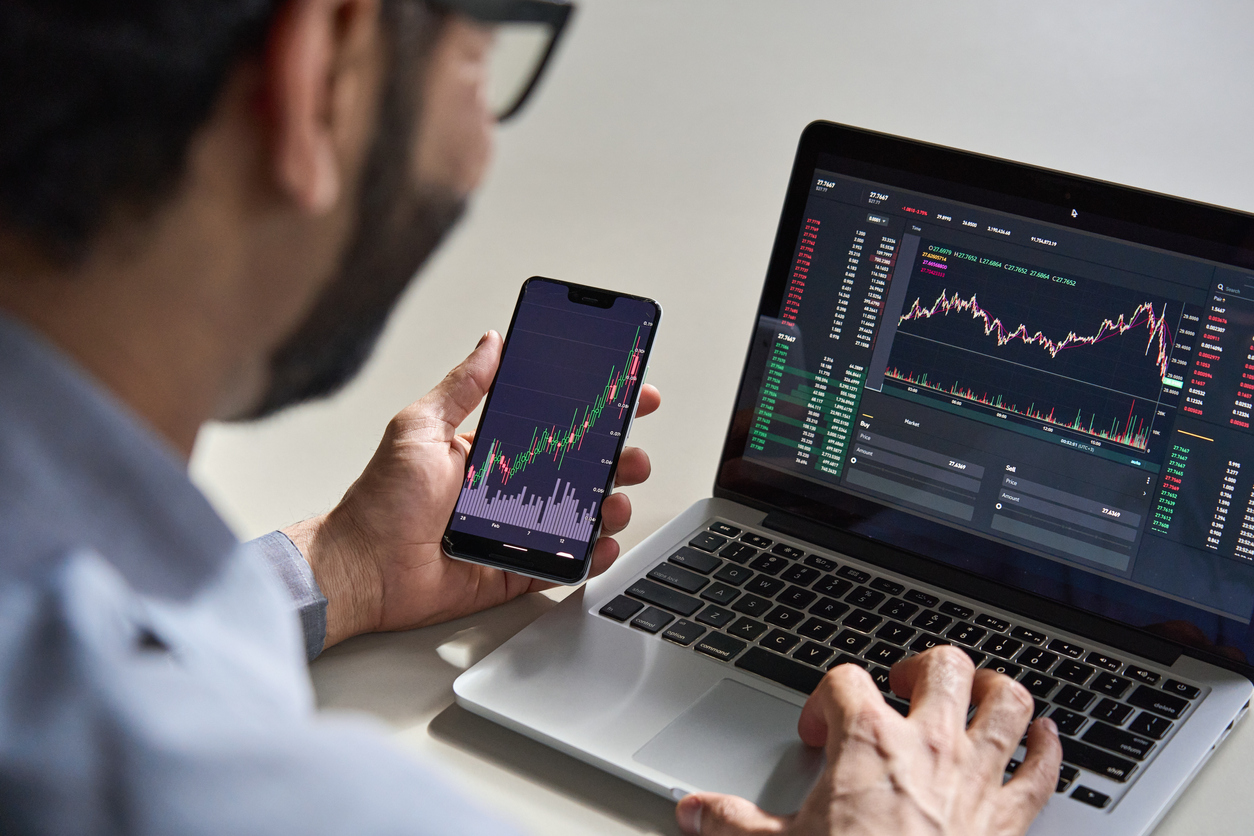
The profit announcements from BP, Shell and others have made headline news over recent weeks, due to concerns over the raising of the energy price cap and hikes in gas and electricity prices to follow in the Autumn. Given the size of the profits generated, and dividends declared to shareholders, it is of little surprise that the Energy sector has been the best performing sector within the UK Equities market over the year to date.
In the first half of 2022, the Energy sector returned 28.2%, a comfortable lead over the next best performing sector, Healthcare, which returned 16.5%. This performance is in stark contrast to the worst performing sectors, Consumer Discretionary (which fell by -21.2%), Industrials (which recorded a 21.9% fall), and Technology which returned -28%.
How an investment fund responds to such disparity of performance across sectors depends on whether an passive or active investment approach is being adopted, and where an active manager is employed, whether a high conviction strategy is used.
The Passive v Active debate
Within a Passive Index fund, which tracks the return of a particular market index, the fund will allocate the portfolio to broadly match the composition of the index. This means that the fund holds representative weights in each sector in line with the weight in the index. So a FTSE100 index fund could hold around 8% of the portfolio in Shell and 3.5% in BP.
The opposite of a passive investment approach is an actively managed fund. When a fund is actively managed, it employs a professional portfolio manager, or team of managers, to decide which underlying investments to choose for its portfolio.
Being actively managed, this would permit the fund management team to allocate funds across different sectors of the index, and depending on the style of the fund, the sector allocation could differ a great deal from the percentage allocations of the benchmark index. These decisions can have a significant impact on fund performance, depending on the level of variance compared to the index composition. For example, an actively managed fund with a lower allocation to the Energy sector during this year would have struggled to keep pace with the index over the course of the year. Similarly, holding too much in Technology, the worst performing sector in the UK over the last year, would also weigh on returns.
Holding the right stocks at the right time
Of course, market conditions continue to evolve and the performance of different sectors of the economy will swing from period to period. Comparing the period from March 2020 to March 2021, to the last year, illustrates this very well. Over the lockdown period, Healthcare was the best performing sector, followed by Basic Materials and Technology, with the Energy sector – which has performed so well recently – lagging the leading sectors by some margin.
The ability of a fund manager to allocate the fund correctly, and make decisions to alter the structure of the portfolio over time, will make a sizeable contribution towards the overall performance. Looking at the Energy sector over the longer term, for example, paints a very different picture to the significant outperformance seen this year. Over the last 10 years, both BP and Shell shares have each lagged the benchmark FTSE100 index by over 30% over this 10 year period. Holding the correct stocks, at the right time, is therefore key to effective active management.
Research is key
When we research investment funds, through data analysis and meetings with leading fund houses, we often come across fund managers and management teams that look to take a so-called “conviction” based approach. This involves constructing a concentrated portfolio of a smaller number of holdings than an average fund would hold, perhaps holding as little as 30 stocks. Holding this number is likely to mean that the manager will be taking a considerable position in certain sectors and holding very little in other sectors of the economy. As demonstrated by the sector data over the course of this year, correctly allocating the portfolio to the right sectors and positions could yield significant outperformance.
Taking the opposite approach, we often review actively managed Equities funds that positions the portfolio with only subtle variance to the representative index. As a result, the performance of these funds tends to hug the index return, and lends predictability to the performance achieved. However, holding this type of fund begs the question whether the investor is getting good value for money from investing in an actively managed fund, when a passive tracker fund could do a similar job for the investor typically at much lower cost.
The average actively managed UK Equity fund will charge an annual management fee of between 0.50% and 1% per annum, which will eat into returns, unless the active manager can generate outperformance that justifies the cost. Compare this to a UK index fund, which can cost as little as 0.06% per annum, and will achieve returns close to those achieved by the benchmark index.
Both passive and actively managed funds do very different jobs in a diversified portfolio of funds, and there are advantages to each approach that merit their inclusion in a chosen strategy. Where fund managers show high conviction, with a good deal of success, this can often easily justify the higher costs due to the outperformance achieved. We are often less impressed with actively managed funds that offer a very similar strategy to a passive approach, but offer the investor poor value for money.
With over 3000 funds available to UK investors, blending funds to achieve good levels of diversification, lower volatility and strong performance can be daunting for private investors. At FAS, we have a disciplined investment selection process, which is designed to select funds with good prospects for outperformance over the longer term. If you hold an investment portfolio currently, speak to one of our experienced Financial Planners to review the performance, risk and value you are receiving.
If you would like to discuss the above with one of our experienced advisers, please get in touch here.
The value of investments and the income they produce can fall as well as rise. You may get back less than you invested. Past performance is not a reliable indicator of future performance. Investing in stocks and shares should be regarded as a long term investment and should fit in with your overall attitude to risk and your financial circumstance.





